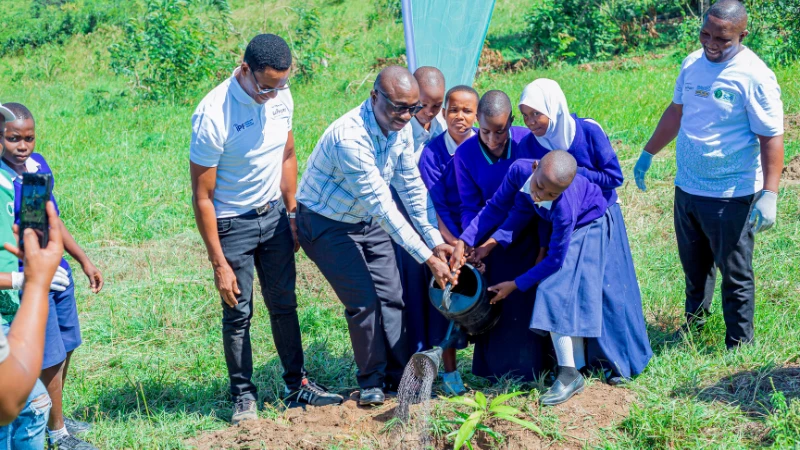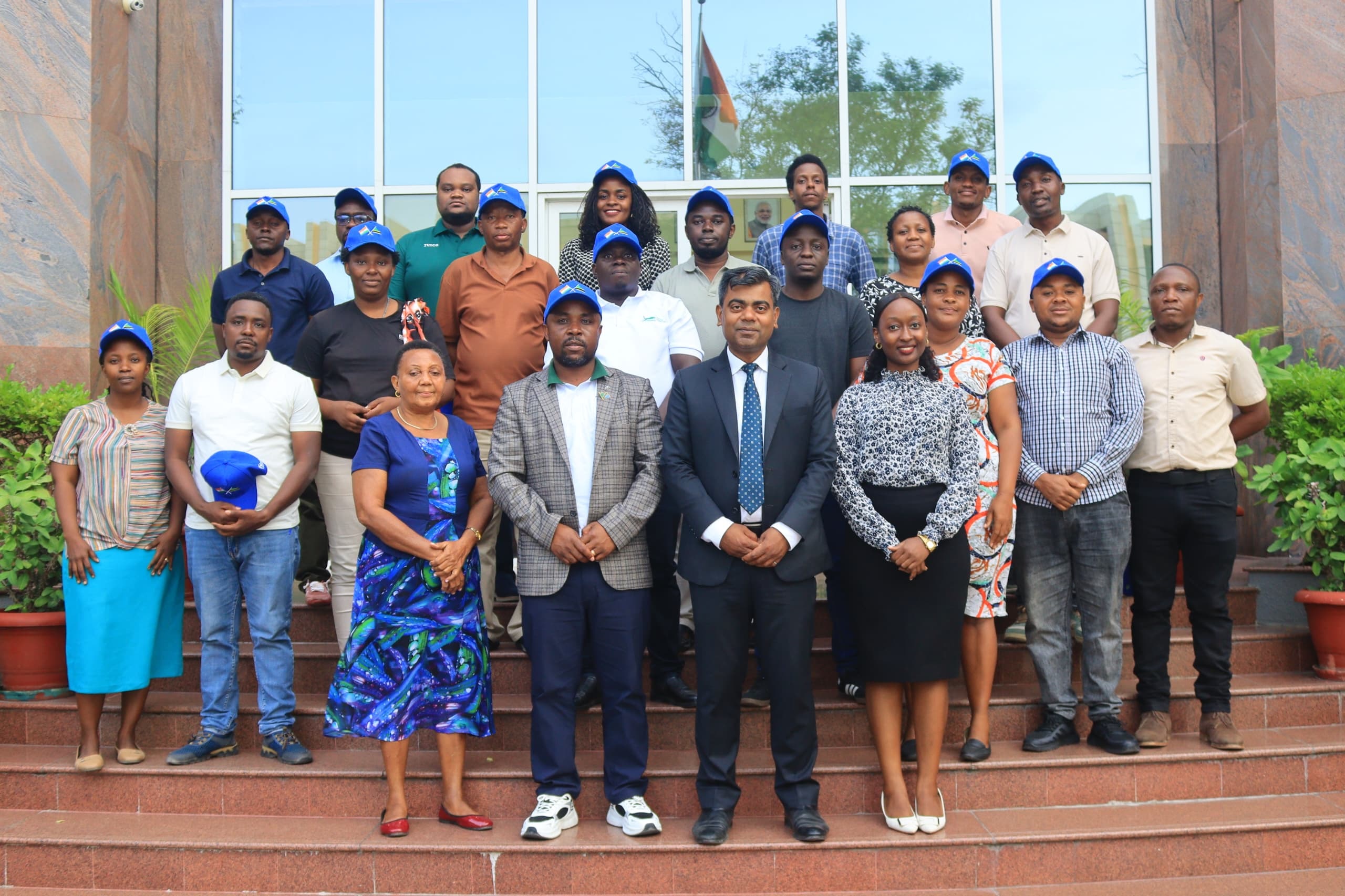Cholera hotspots identified as cases surge; WHO leading the charge to avert this

TANZANIA has reported 16,012 cholera cases over the past 16 months, with 3,815 of those cases recorded between January and July 2025.
Dr Biseko Palapala, a Health ministry epidemiologist, said at a press briefing in Dar es Salaam yesterday that 3,815 cases were reported in the past six months, while recording 184 deaths.
He was outlining issues raised at a stakeholder meeting on “identification of priority areas for multisectoral interventions (PAMIs/hotspots) for cholera control,” organised by WHO and the ministry.
The forum brought together public and private health organisations to review the cholera situation across the country since January 2024, he said, pointing at overall data, regional distribution, case trends, major challenges and priority areas for collaborative action.
The past year saw 12,197 being reported in 2024, with 3,815 cases this year, he said, noting that of the 184 deaths, 145 occurred last year and 39 this year, with the 25 to 35 years age bracket relatively more affected at 18.7percent of the cases, while those aged 35 to 44 years had 17.7 percent of the cases.
Women account for 51.2 percent of the cases, indicating an exposure edge on their part, while Mbeya, Mwanza, Ruvuma, Songwe and Rukwa regions led in the number of cases, he stated.
Some progress is being seen as Mbeya Region lately had two consecutive days without reporting new infections, he said, noting that cases spread in high population gatherings using services lacking clean water, sanitation and hygiene (WASH) preliminaries,
Low latrine usage, harmful habits, misinformation and heavy rainfall in recent months worsened the situation, he said, urging greater effort in clean water and improved sanitation.
He pointed at community engagement, early disease detection drives and their sufficient funding to forestall outbreaks of waterborne diseases like cholera.
Dr Vida Makundi, assistant director of preventive services, reminded the public that cholera primarily spreads through ingestion of food or water contaminated with human waste.
Local authorities in affected regions need to ensure easy access to safe potable water where social needs like open air eateries exist, pointing at efforts to distribute tablets absorbing dust in water, eliminating impurities.
Availability of usable toilets and safe waste disposal are primary defenses against cholera, he said, praising this initiative as it seeks to drain out long-standing cholera hotspots.
The global goal is to reduce cholera-related deaths by 90percent in the current decade, so the government is focusing on tackling persistent high-burden areas to meet that target.
Dr Dick Chamla, the WHO Africa head of emergency and pandemic preparedness, emphasised the need for African countries to work more closely in addressing infectious disease threats, including cholera.
Top Headlines
© 2025 IPPMEDIA.COM. ALL RIGHTS RESERVED






















